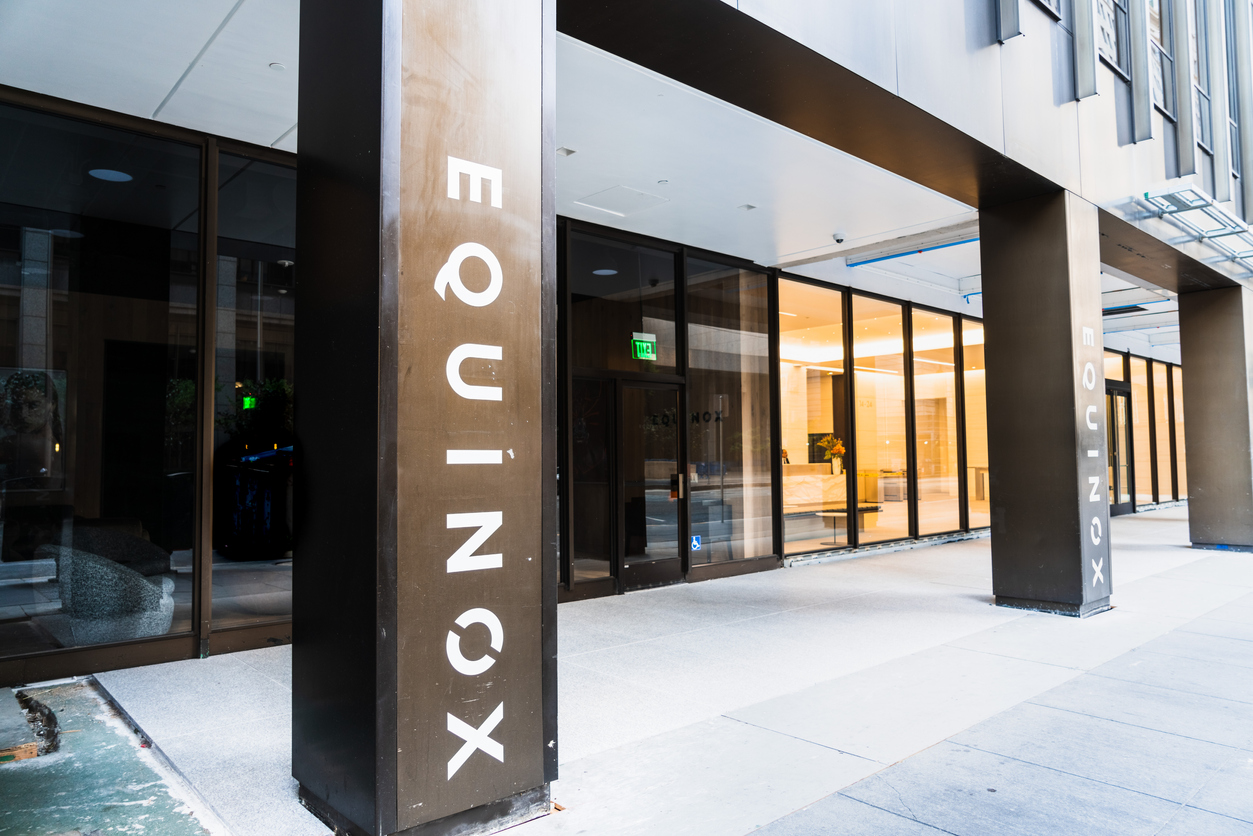

Federal Judge Certifies Class Action Suit Against Equinox

A California federal judge ruled last month that employees of the luxury gym Equinox could organize as a class to challenge their employer in court. Personal trainers and group fitness instructors came together to complain about wage violations and other labor laws that their employer allegedly flouts.
Equinox argued before the judge that these matters should be dealt with on an individual basis, which is preferable for companies seeking to minimize publicity and settle cases quickly. U.S. District Judge William H. Orrick found, however, that “there’s sufficient evidence of common questions of law and fact, namely Equinox’s alleged policies and practices.” Therefore, a class action is set to proceed.
Equinox Alleged Claims and Violations
The Fair Labor Standards Act (FLSA) asserts that employees who work more than 40 hours a week should be compensated with overtime, at least time and a half’s worth, pay. Violations of the FLSA may include expectations for work-related activities to be completed on a worker’s own time. Claims can include activities like dry cleaning one’s own uniform or commuting to client sites while off-the-clock.
Plaintiffs in the Equinox case claim they were expected to prepare exercise programs and upkeep contact with Equinox members at any time during the day without compensation. Furthermore, trainers and instructors also complained about a company policy requiring them to teach at least “four, one-hour training sessions in a row without being able to take a rest break.” This is a violation of a California law that states a company “provides employees with the opportunity to take a 10-minute paid rest break during every four hours worked (or major fraction thereof).”
Creating a Class Action
Large companies traditionally insist their employees to sign arbitration agreements. These agreements assert that employees will settle any disagreements with their employer outside of court with the use of an arbitrator, “an independent person or body officially appointed to settle a dispute.”
The Federal Arbitration Act (FAA) upholds the enforceability of arbitration agreements with cases involving “controversy arising out of…contract, transaction, or refusal” In California, the Act is amended so that cases of economic duress may entitle an employee to litigate in court rather than through arbitration.
While applications of the amendment are limited, Equinox employees were found to have significant financial claims. A class of over 5,500 employees were alleged to have received inaccurate wage statements. Another class of 400 fitness instructions and other individuals were found to have meal break claims. The Fair Labor Standards Act also upholds an employee’s right to take a lunch break during the work day.
The federal judge established the Equinox class of “all employees who worked for Equinox in California from 2018 to the present and who received at least one wage statement with certain pay codes.” Another class was certified “fitness instructors who worked for Equinox in California from 2015 until the present.” The final class consists of “individuals who worked for Equinox from 2015 until now with meal period claims.”
Seek Legal Assistance Today
If you are experiencing unpaid wage violations or denials of your entitled lunch break, seek legal assistance from the Working Solutions Law Firm, located in New York City and Livingston, NJ. Contact us today at (646) 430-7930 to schedule a free case evaluation and receive experienced legal counsel.



